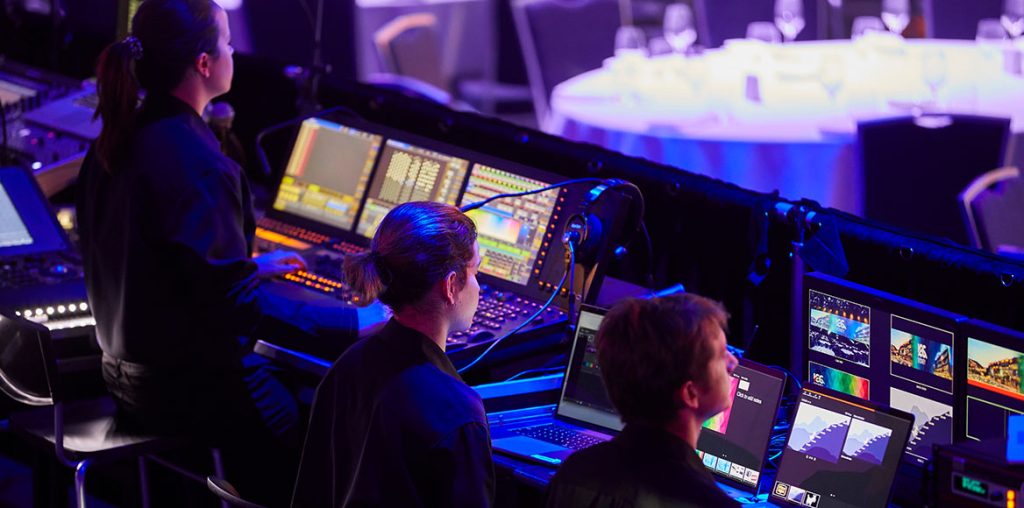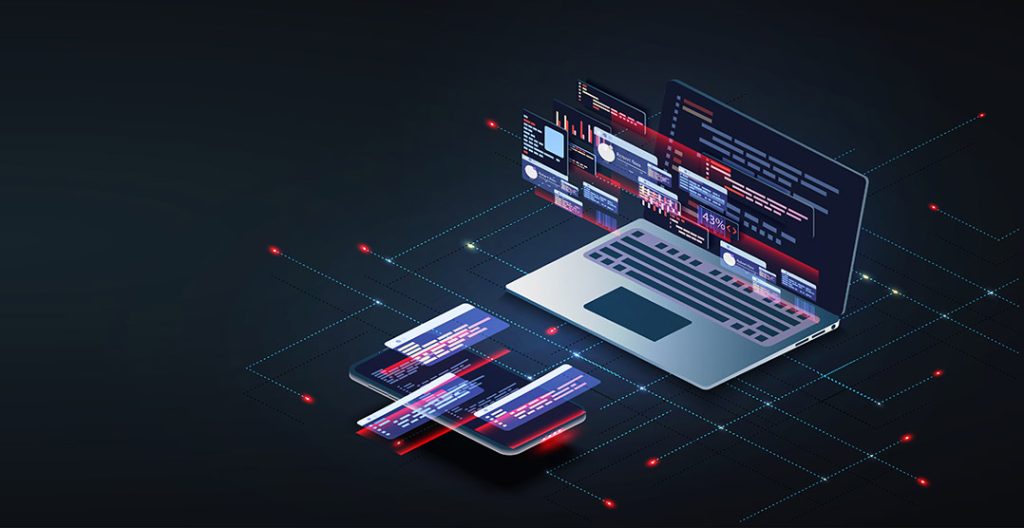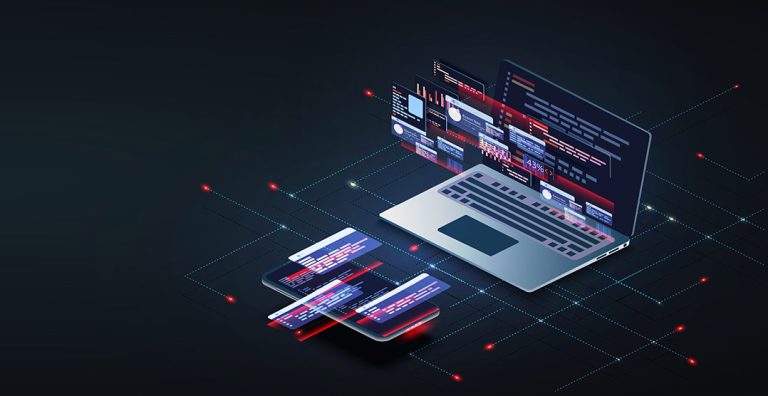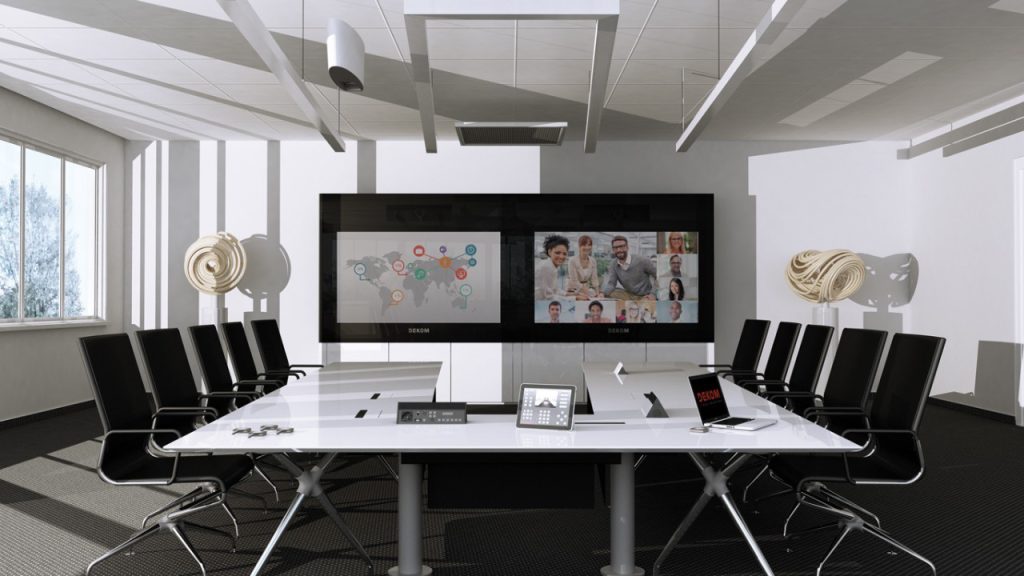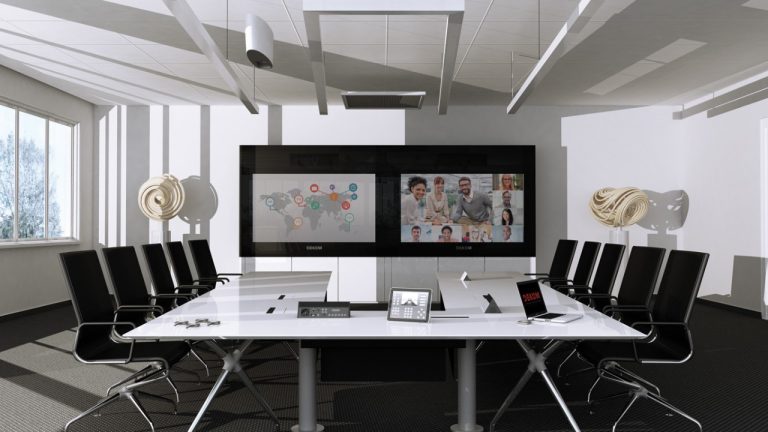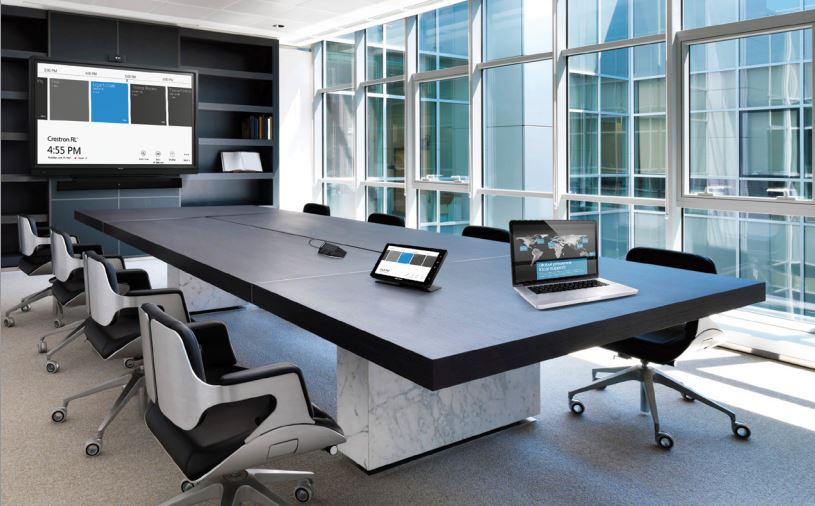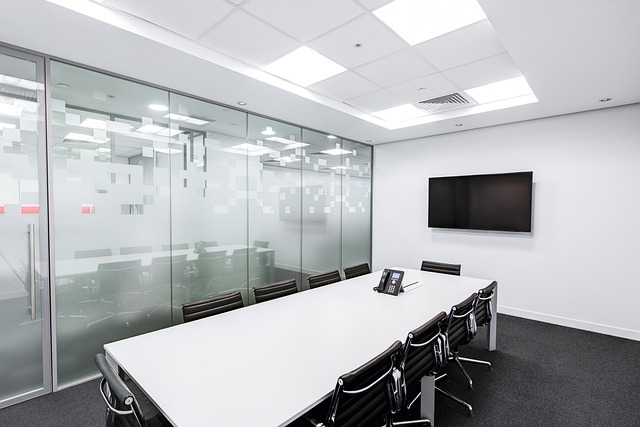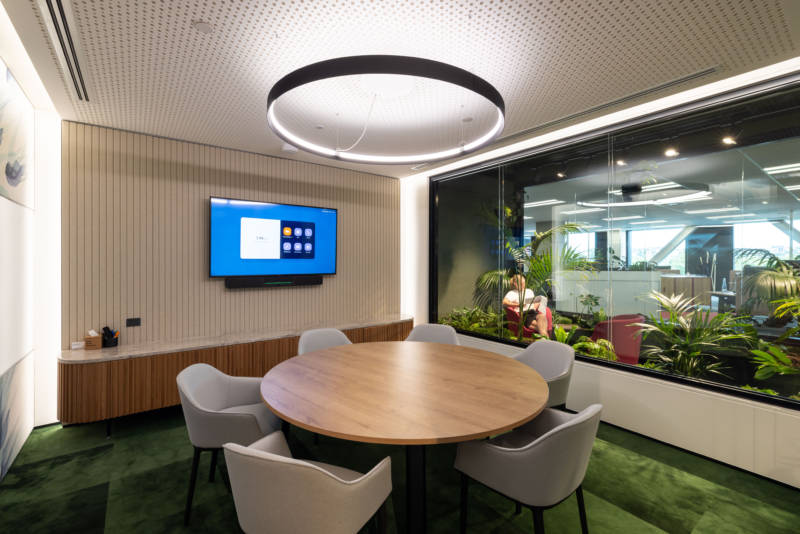Comprehensive Guide to Audio Visual Consultants and Their Role in Modern Technology Integration

Introduction to Audio Visual Consultants
Audio visual consultants are experts in designing, managing, and implementing technology solutions that enhance communication and engagement. From corporate boardrooms to educational institutions and government facilities, these professionals ensure that AV systems are seamlessly integrated, functional, and future-ready. Their work combines technical expertise with strategic planning to create tailored solutions for diverse needs.
What Do Audio Visual Consultants Do?
Needs Assessment and Strategic Planning
AV consultants start by understanding the unique requirements of their clients. They analyze current infrastructure, define the desired outcomes, and develop strategies to achieve them. This process ensures that the solutions provided align perfectly with the client’s goals.
System Design and Specification
Experts in system architecture, av consultants design integrated AV systems. This includes creating detailed schematics, layout diagrams, and product specifications. Whether for new construction, renovations, or upgrades, these designs ensure optimal performance and ease of use.
Technology Procurement and Vendor Coordination
AV consultants recommend the best equipment to suit client needs and coordinate with vendors to source these components. Their expertise ensures that clients receive cutting-edge, reliable technology that delivers long-term value.
Installation Oversight
During installation, consultants work closely with architects, engineers, and contractors to guarantee smooth execution. They oversee every detail, from wiring to device placement, ensuring that the system is implemented as designed.
Industries Leveraging AV Expertise
Corporate Environments
In businesses, AV solutions like video conferencing systems and digital signage enhance communication and collaboration. They simplify workflows and create engaging environments for employees and clients alike.
Educational Institutions
Interactive displays, lecture capture systems, and collaborative tools transform learning spaces. AV consultants tailor solutions to foster student engagement and streamline teaching processes.
Government and Public Sector
Secure and user-friendly AV systems are essential for effective communication in government offices. From council chambers to public venues, these systems facilitate transparent operations and decision-making.
Healthcare
Hospitals and clinics use AV technology for training, telemedicine, and collaborative care. Consultants help integrate these solutions into complex environments to improve outcomes.
Managed Services for Sustained Performance
Even the most sophisticated AV systems require ongoing maintenance. Consultants provide managed services, including:
- Proactive Monitoring: Ensuring systems operate at peak efficiency through regular health checks.
- Remote Troubleshooting: Resolving issues swiftly to minimize disruptions.
- Upgrades and Updates: Keeping technology current to meet evolving demands.
These services guarantee that organizations maximize their AV investments over time.
Case Studies: Outstanding Audio Visual Projects
Here are some of the remarkable projects we have proudly contributed to, showcasing our expertise in delivering innovative AV solutions.

Project Scope:
This project for a corporate client involved a Q-SYS-based AV system in a single conference room, designed to support local and wireless presentations. The system utilized a Q-SYS Core 8 Flex processor for comprehensive management of audio, video, and camera controls. A single iPad was provided for room control, ensuring seamless operation of the AV system.

Project Scope:
This project featured a Crestron and NVX-based setup for video distribution. The system enabled seamless video switching and ensured that audio followed video across the setup. A single Crestron keypad was utilized for room control, allowing users to manage video switching.

Technology stack:
This is a Crestron based project, All the devices are controlled by Crestron processor. The “Crestron SIMPL WINDOWS” is used for programming and The GUI is created in “Crestron VTpro”. For the Audio programming the “Biamp” is used.
Choosing the Right AV Consultant
When selecting an AV consultant, prioritize those with:
- Proven experience in your industry.
- A portfolio of successful projects.
- Expertise in the latest technology trends.
- A commitment to collaboration and customer service.
Conclusion
Audio visual consultants play a pivotal role in bridging technology and functionality. Their expertise ensures that organizations, regardless of size or sector, can harness the power of modern AV solutions to achieve their objectives. By partnering with a skilled consultant, you can transform your spaces into dynamic, connected environments that inspire productivity and innovation.
For AV solutions tailored to your needs, contact Zapperr AV Solutions today and explore our expertise in AV programming and consultation!
Get in touch with us today to find out more.

